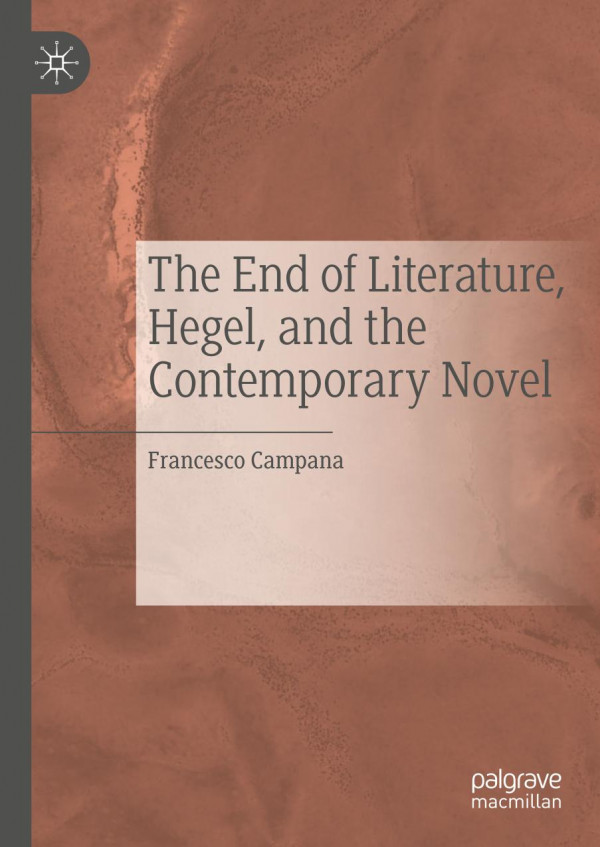

Most ebook files are in PDF format, so you can easily read them using various software such as Foxit Reader or directly on the Google Chrome browser.
Some ebook files are released by publishers in other formats such as .awz, .mobi, .epub, .fb2, etc. You may need to install specific software to read these formats on mobile/PC, such as Calibre.
Please read the tutorial at this link: https://ebookbell.com/faq
We offer FREE conversion to the popular formats you request; however, this may take some time. Therefore, right after payment, please email us, and we will try to provide the service as quickly as possible.
For some exceptional file formats or broken links (if any), please refrain from opening any disputes. Instead, email us first, and we will try to assist within a maximum of 6 hours.
EbookBell Team

4.7
16 reviewsThis book explores the concept of the end of literature through the lens of Hegel's philosophy of art. In his version of Hegel's 'end of art' thesis, Arthur Danto claimed that contemporary art has abandoned its distinctive sensitive and emotive features to become increasingly reflective. Contemporary art has become a question of philosophical reflection on itself and on the world, thus producing an epochal change in art history. The core idea of this book is that this thesis applies quite well to all forms of art except one, namely literature: literature resists its 'end'.
Unlike other arts, which have experienced significant fractures in the contemporary world, Campana proposes that literature has always known how to renew itself in order to retain its distinguishing features, so much so that in a way it has always come to terms with its own end. Analysing the distinct character of literature, this book proposes a new and original interpretation of the 'end of art' thesis, showing how it can be used as a key conceptual framework to understand the contemporary novel.